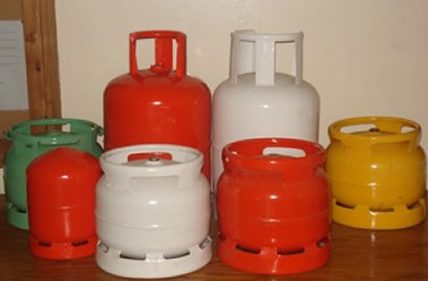Skyrocketing Cooking Gas Prices: A Threat to Nigeria’s Clean Cooking Ambitions
Nigeria’s cooking gas prices have surged by 114% in the past 16 months, from N700/kg in June 2023 to N1,500/kg in October 2024, according to a report by The PUNCH. This drastic increase has been attributed to the rising exchange rate, as the naira continues to plummet against the US dollar. The devaluation of the naira, which is now trading at approximately N1,700 to a dollar, has left many Nigerians struggling to afford basic necessities, including cooking gas.
The crisis is compounded by the country’s heavy reliance on imported cooking gas, which accounts for over 60% of domestic consumption. Local production remains inadequate, with less than 40% of the 1.5 million metric tonnes consumed domestically being produced locally. The Managing Director/Chief Executive Officer of NIPCO Plc, Suresh Kumar, has called on the Federal Government to encourage companies like Chevron to convert more of their propane output into butane, a more suitable fuel for domestic use.
The rising cost of cooking gas has significant implications for Nigeria’s clean cooking ambitions. The Executive Director and Chief Financial Officer of Heirs Energies, Samuel Nwanze, estimates that the country requires $7.5 billion to achieve clean cooking by 2030. However, with cooking gas prices reaching an all-time high, many Nigerians are being forced to resort to traditional cooking methods, including firewood and charcoal.
This shift towards unclean cooking fuels has devastating consequences, particularly for women and children. According to the International Energy Agency (IEA), over 500,000 African women die prematurely each year due to the lack of access to clean cooking. The IEA notes that women and children are disproportionately affected by the lack of energy access, spending up to four hours a day collecting firewood, which robs them of their time and prevents their educational and professional aspirations.
The National Bureau of Statistics (NBS) reports that the average retail price for refilling a 5kg cylinder of Liquefied Petroleum Gas (LPG) increased by 4.19% on a month-on-month basis in September 2024, while the average retail price for refilling a 12.5kg cylinder increased by 4.89% during the same period. The NBS also notes that the South-East zone recorded the highest average retail price for refilling a 12.5kg cylinder of LPG, followed by the South-West zone, while the North-East zone recorded the lowest price.
As the prices of cooking gas continue to rise, concerns are growing that the country’s efforts to achieve clean cooking and reduce tree felling may be hindered. The Commissioner for Environment in Ogun State, Ola Oresanya, has warned that many Nigerians may resort to charcoal for cooking if the price of LPG continues to rise.
The Nigerian government must take urgent action to address the country’s cooking gas crisis and ensure that the benefits of clean cooking are accessible to all citizens. This can be achieved by investing in local production, promoting the use of alternative energy sources, and providing support to low-income households to access clean cooking fuels. Only then can Nigeria hope to achieve its clean cooking ambitions and improve the health and well-being of its citizens.
